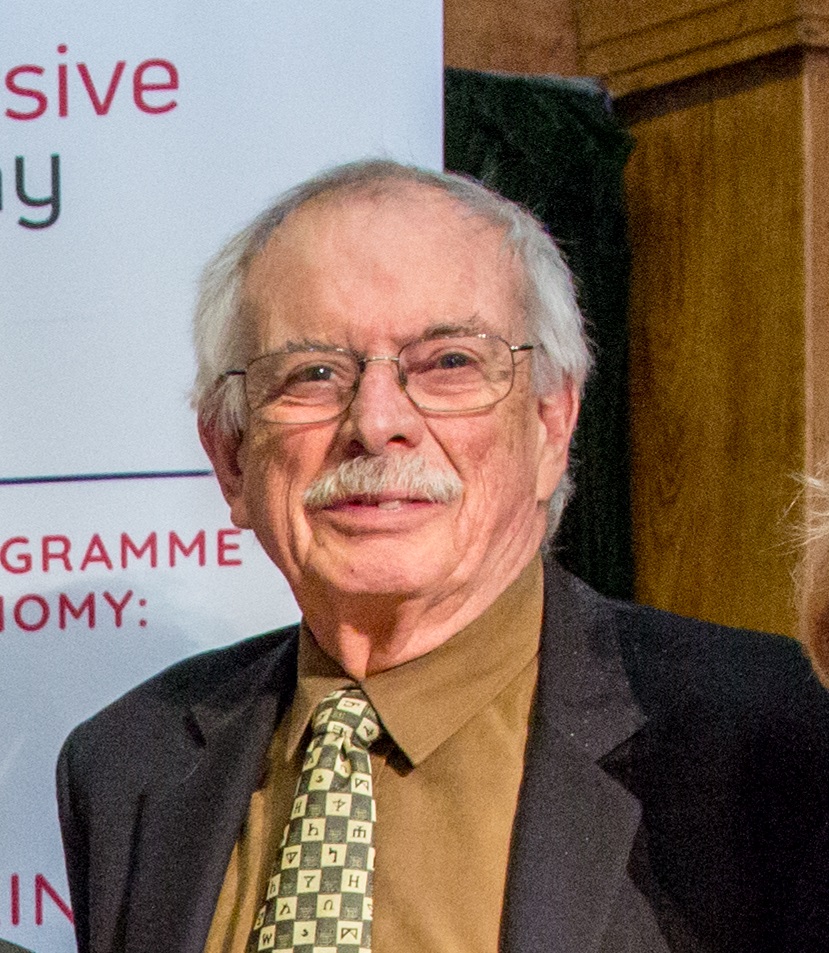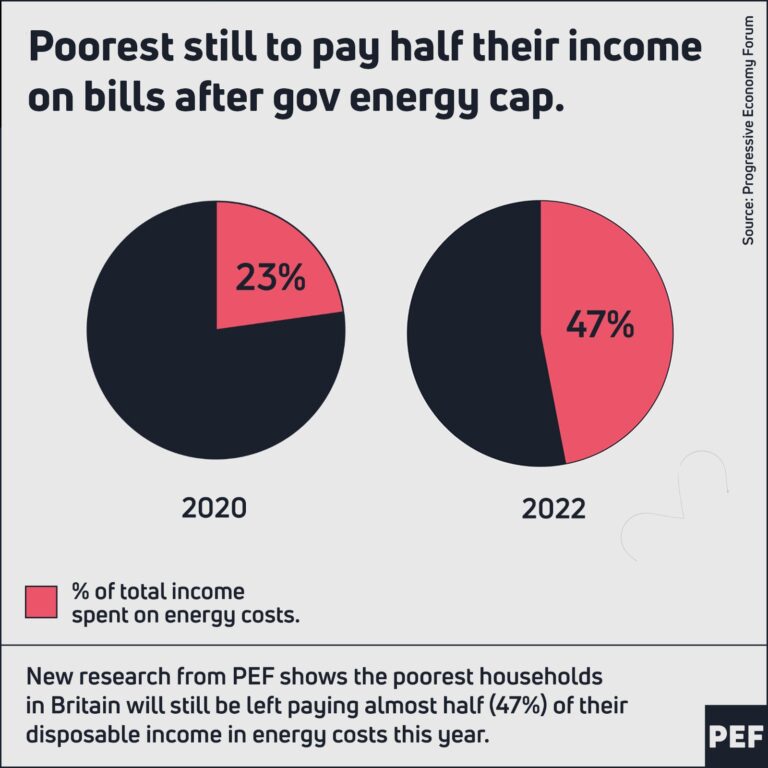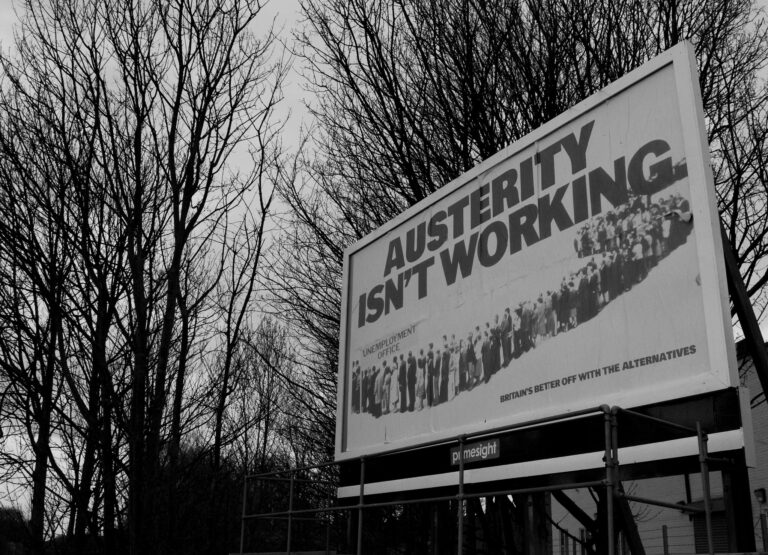Today the ONS released its first estimates of GDP growth in April-June 2018. Here, the PEF Council react to the figures and tell us what they mean for the UK economy.
John Weeks: “austerity in real time”.
Every three months the Office for National Statistics (ONS) reports data on the main sectors of our economy, providing numbers on economic activity as a whole, the major sectors (manufacturing, construction and services), and categories of expenditure (by government, business, exports and imports).
The media and politicians invariably transform this rather bland non-event into a ritual of economic assessment, with the prime focus on “growth”, the aggregate measure of national economic activity as indicated by gross national product. The commentary on this near-magic number, “percentage change in GDP” should carry a health warning, because special interests rush forward to provide their self-serving interpretation without explaining to the public what is being measured and why that measure enlightens our understanding.
Earlier this morning the ONS initiated the seasonal ritual with the announcement that “UK gross domestic product (GDP) in volume terms was estimated to have increased by 0.4% between Quarter 1 (Jan to Mar) 2018 and Quarter 2 (Apr to June) 2018.” Many of those who read this statement, or found it in second hand reports, might conclude that our national production had increased, albeit by a very modest annual rate of 1.3% compared to a year before.

This conclusion would be false. Delving further down in the ONS announcement, the reader discovers that activity in the “production” category – manufacturing, electricity and water, mining and agriculture – declined by 0.8% quarter-to-quarter, its sharpest quarterly fall since the end of 2012.
The production of goods declined, and businesses and households used less power and water – how could GDP increase? Services and construction rose, counteracting the decline in production sectors (numerically, if not substantively). To compensate for less domestic production our balance on international trade dropped deeper into the red (trade balance declined from £6.8 billion to 9 billion).
To put it simply, the increase in GDP from 0.2% in the first quarter to 0.4% in the second brought us an economy with less production and more imports. This unpalatable combination results from the feckless continuation of Tory austerity policies that depress domestic demand (household consumption rose by a meagre 0.3%).
A few may hail this dismal outcome as a harbinger of good things to come. I expect the many to take a more jaundiced view, because, to quote from section 6 of the report, compensation of employees “slowed to 0.6% in Quarter 2, which was the weakest growth since Quarter 4 (Oct to Dec) 2016.”
Slow expansion of our economy, depressed productive activity, and stagnation of earnings, austerity in real time.
Johnna Montgomerie: “people going into debt is how the UK economy putters on”.
Growth figures released today say the UK economy grew by 0.4%, compared to 0.2% last quarter. There is nothing to celebrate in yet another fraction of a percent of GDP growth. It is clear the UK economy is in the doldrums without any prospect of the winds picking up. The UK is at the bottom of the G7, the ‘sick man’ of the advanced economies around the world.
The biggest problem is that even this meagre performance is heavily reliant on record levels of consumer credit. People going into more and more debt is how the UK economy stays on life support; neither thriving or in recession, it putters on. UK households have seen their outgoings surpass their income for the first time in nearly 30 years. Economic stagnation has taken hold because wage growth is so slow it cannot stimulate economic activity or, increasingly, just manage current outstanding debts. This is why GDP growth isn’t translating into people’s pay packets.
Let us not celebrate mediocrity, and face the fact that the UK economy is a sinking ship. Without a bold and credible plan to chart a new course, expect more of the same in the months and years to come.

Danny Dorling: “the contraction of the financial sector takes place very quietly”.
Hidden in the detail of these figures was the news that Britain’s finance and insurance industries had shrunk, albeit only by a tenth of one percent. While the rest of the UK economy was growing, very slightly and slowly – more slowly than in recent years – growth in finance and insurance activity was negative.
The size of the contraction in these industries in the last quarter was roughly half of that in public administration, which has continued to be squeezed by public spending cuts. Most recently, it was reported that Northamptonshire County council will be making future cuts of up to £70 million. When the cuts in public sector spending were announced, the BBC reported one protestor as saying: “When people die this winter, because they will die this winter, the blood will be on your hands.” Contraction often occurs through a thousand small cuts.
In April 2018, the European Banking Authority (EBA) announced that that the salaries of the highest earning bankers in Europe had begun to fall. Almost all of the highest earning bankers are based in London. The EBA is currently based in London, but will be moving to Paris soon.
Unlike public sector cuts, which have immediate and obvious effects and result in protests reported by the BBC, the contraction of the finance and insurance industries in the UK takes place very quietly. It is not in the interest of the banks to point out who among their staff is moving to Paris or Frankfurt or Amsterdam and whether it is the younger bankers and lawyers without families who are moving first. And it is not in their interest to point out that they are now paying themselves less, as most people still understand that the highest paid bankers have been paid far too much. But hidden in today’s ONS report is yet more evidence of the contraction of what had been the UK’s most successful industry.
Richard Murphy: “nothing of any substance to celebrate here”.
The UK’s growth figure for the second quarter of 2018 has just been reported to be 0.4%. Compared to the 0.2% reported in the first quarter this sounds like an improvement. And in purely statistical terms it is, of course. That is the only indisputable thing about it.
Standing back this data remains deeply unexciting. And if it is understood that the first quarter may simply have been depressed by poor weather, which meant consumers deferred some spending simply because they could not, or would not, get out, then the bounce (if it can be called that) might well be little more than a correction.
And let’s also be candid; when the figures are so small, and the boundaries for reporting are so wide in proportion to them, the margins for error in this reporting are very high. No wonder the pound is still falling – they’re treating the change as no sign of a significant difference in the overall economic environment.
So my point is that we should go back to fundamentals. This growth rate is still very low. There is, despite what the Bank of England is forecasting, little sign that it is flowing through to wage rates. There are signs that it is private debt that continues to fund consumption growth. And there is massive uncertainty for the UK ahead, which is one reason why we remain so weak in comparison to other economies.
There is nothing of any substance to celebrate here. But there is ample reason to think there may be more trouble ahead.











